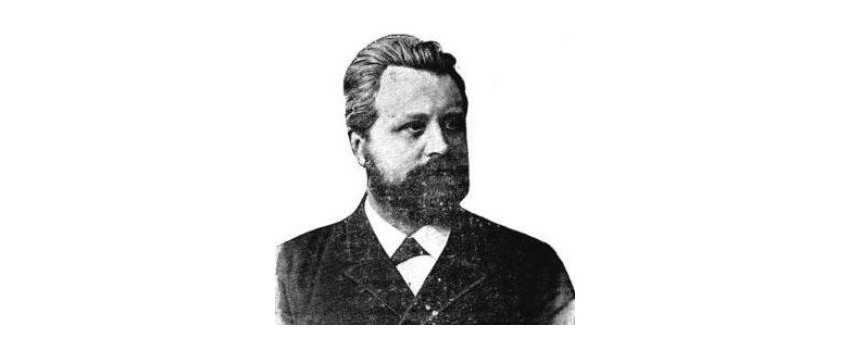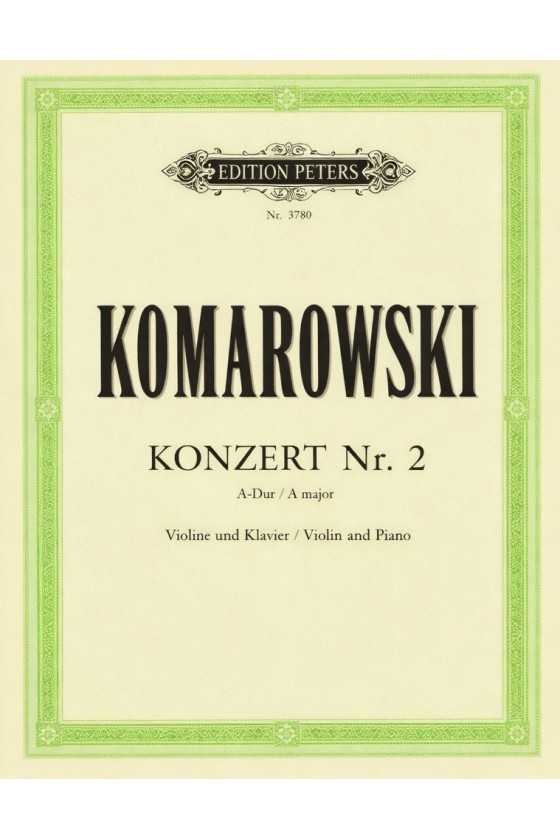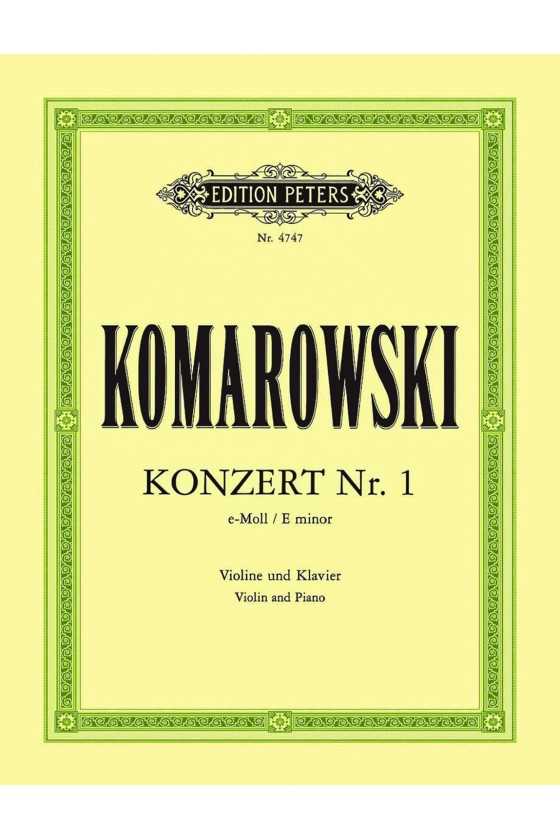Komarowski, Violin Concerto No. 2 in A Major (Peters)
A graceful Classical concerto by Jan Komarowski, the Violin Concerto No. 2 in A major blends lyrical elegance with virtuosic sparkle. This Peters edition offers a practical violin and piano version for recital and study.
Key Features:
• Elegant Classical style
• Sparkling violin passages
• Ideal for advanced students
• Violin and piano reduction
• Peters edition



